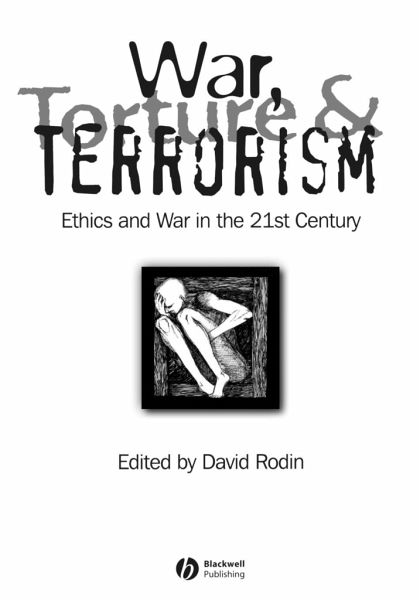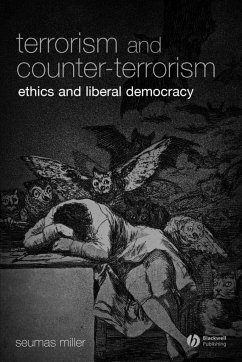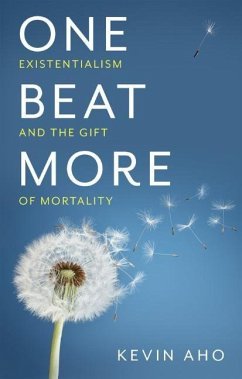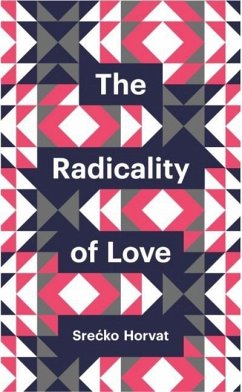
War Torture Terror
Versandkostenfrei!
Versandfertig in über 4 Wochen
38,99 €
inkl. MwSt.

PAYBACK Punkte
19 °P sammeln!
The ethics of war is facing a profound and rapid transformation. A post-9/11 environment has generated many extraordinary changes domestically and abroad. The prosecution of the "war on terror"; the prominance of "asymmetric war" in combat operations; as well as a trend towards preventive wars, forcible regime change, detention without trial - and even torture, have placed legal institutions and ethical concepts under more strain than they have faced in over a generation.This collection of original essays represents the "state of the art" of this topical and contested issue. Leading internatio...
The ethics of war is facing a profound and rapid transformation. A post-9/11 environment has generated many extraordinary changes domestically and abroad. The prosecution of the "war on terror"; the prominance of "asymmetric war" in combat operations; as well as a trend towards preventive wars, forcible regime change, detention without trial - and even torture, have placed legal institutions and ethical concepts under more strain than they have faced in over a generation.
This collection of original essays represents the "state of the art" of this topical and contested issue. Leading international scholars provide insightful and provocative analyses of some of the central moral problems of modern war. Under what circumstances is intervention in another state permissible? Is assassination a permissible tactic in war? Is there ever a justification for killing the innocent or torture?
This comprehensive book is accessible on many levels: as an excellent undergraduateteaching text, as required reading for scholars of military ethics, and as an introduction for non-experts to the modern debate on the ethics of war.
This collection of original essays represents the "state of the art" of this topical and contested issue. Leading international scholars provide insightful and provocative analyses of some of the central moral problems of modern war. Under what circumstances is intervention in another state permissible? Is assassination a permissible tactic in war? Is there ever a justification for killing the innocent or torture?
This comprehensive book is accessible on many levels: as an excellent undergraduateteaching text, as required reading for scholars of military ethics, and as an introduction for non-experts to the modern debate on the ethics of war.














